收养案件中的法律追溯时效解析
zhao(作) 收养法解释在探讨收养案件中的法律追溯时效之前,我们需要了解几个基本概念。首先,什么是收养?收养是指通过法定程序将无血缘关系的人纳入自己的家庭并视为亲生子女的法律行为。这个过程通常涉及法院的判决或登记机关的批准。其次,什么是法律追溯时效?法律追溯时效指的是法律规定的行为人请求法律保护其权益的有效期限。如果超过这个期限,则可能失去寻求司法救济的权利。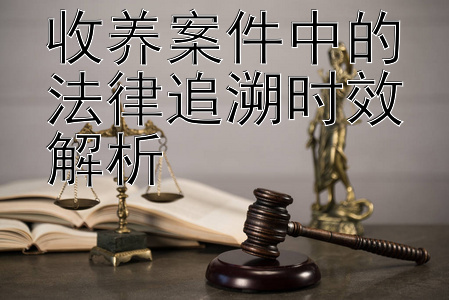
一、中国法律框架下的收养和追溯时效
在中国,《中华人民共和国收养法》(以下简称《收养法》)是规范收养行为的法律基础。该法规定了收养的条件、程序以及撤销和解除收养关系的条件和程序等。同时,《民法通则》也涉及到了
In the United States, adoption laws are primarily governed by state statutes. Each state has its own set of regulations regarding adoptions that may differ significantly from one another. For instance, some states allow open adoptions where birth parents can maintain contact with their children after they have been adopted, while other states require a complete severance of ties between biological and adoptive families for legal reasons. The federal government does play a role in interstate adoptions through the Interstate Compact on the Placement of Children (ICPC) which ensures that adoptions involving different states are handled consistently and legally.
The concept of statute of limitations applies to adoption cases as well. In general, most civil lawsuits must be filed within a certain timeframe specified by law or else the right to sue is lost forever. However, when it comes to adoption-related issues such as challenging an adoption decree or seeking damages due to fraud during the adoption process, these timelines can vary widely depending on the specific circumstances involved and what type of claim is being made under state law. It's crucial for individuals facing such situations to consult with experienced attorneys who understand both family law and relevant case precedents within their jurisdiction.

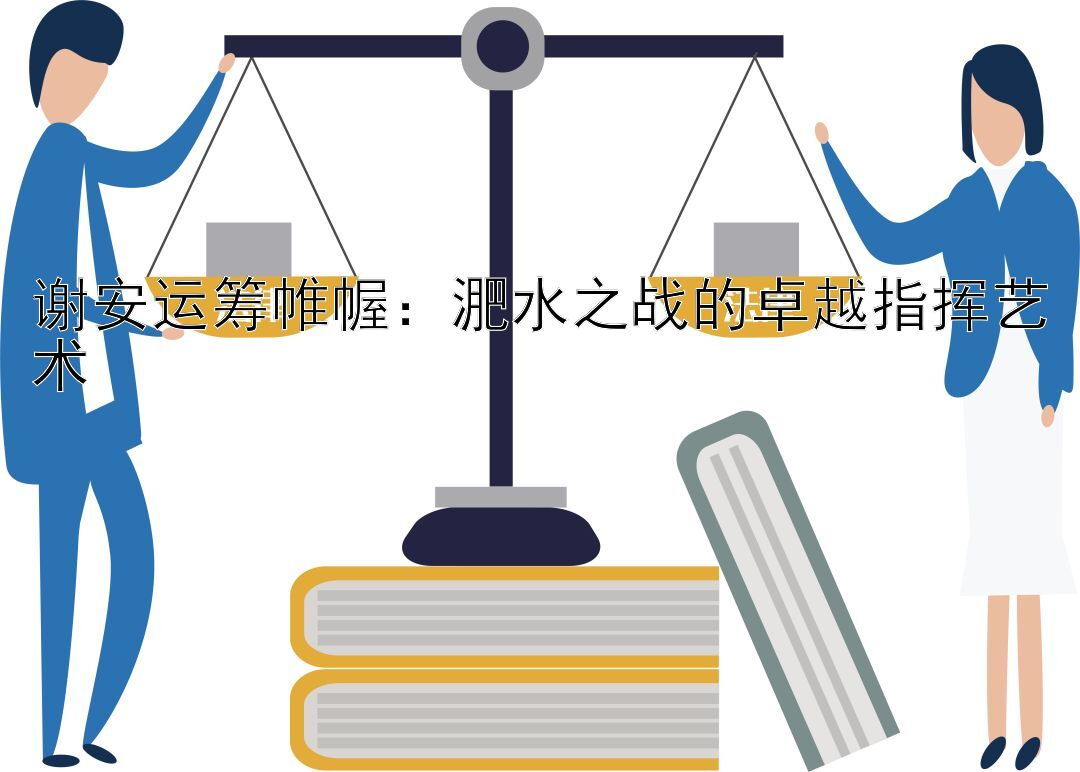
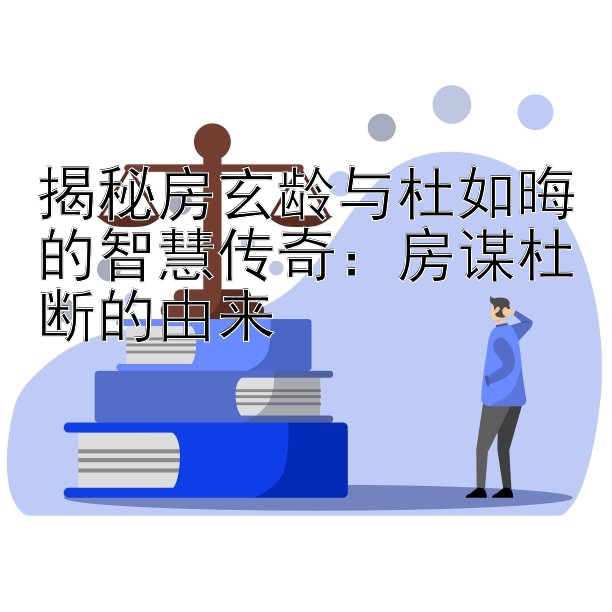

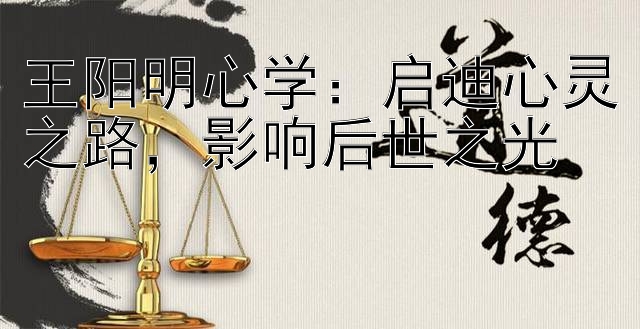
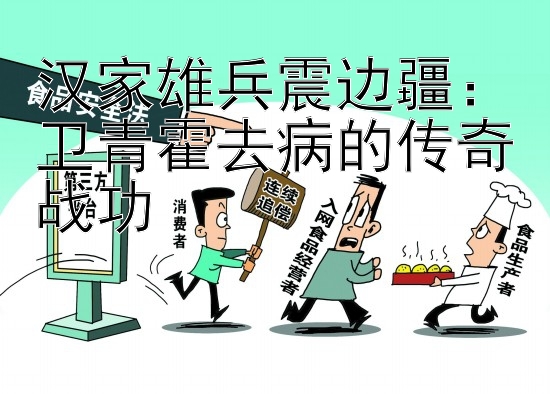
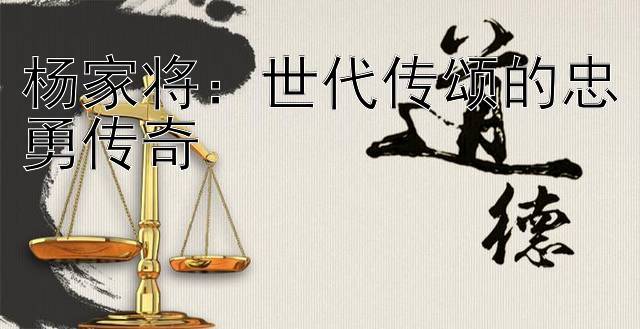
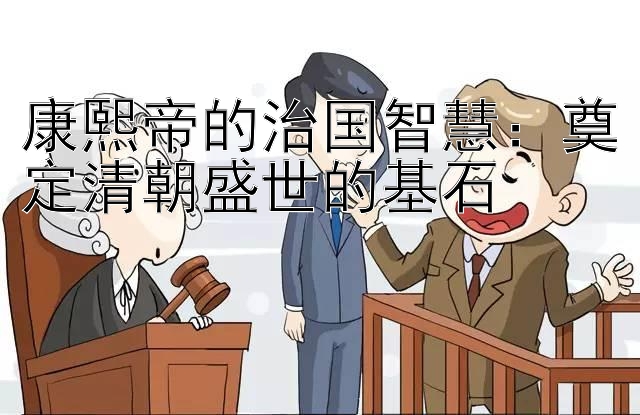
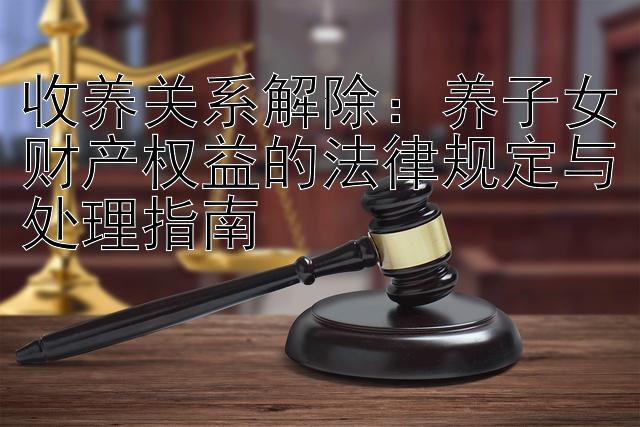 收养关系解除:养子女财产权益的法律规定与处理指南
收养关系解除:养子女财产权益的法律规定与处理指南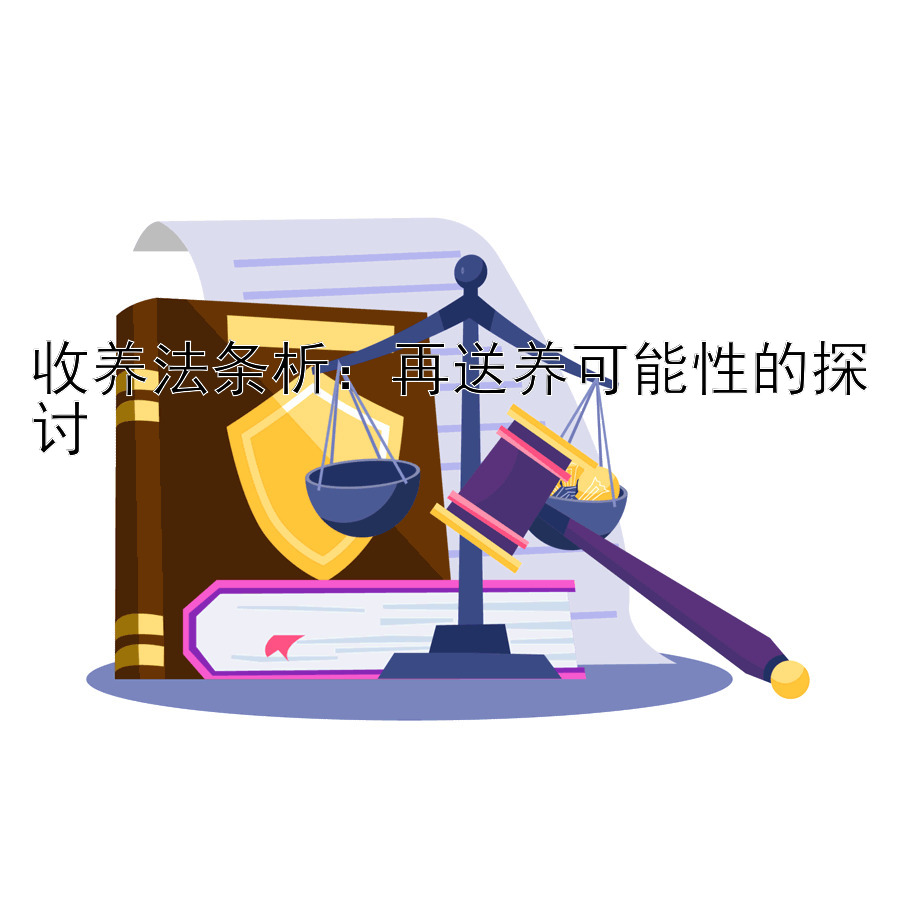 收养法条析:再送养可能性的探讨
收养法条析:再送养可能性的探讨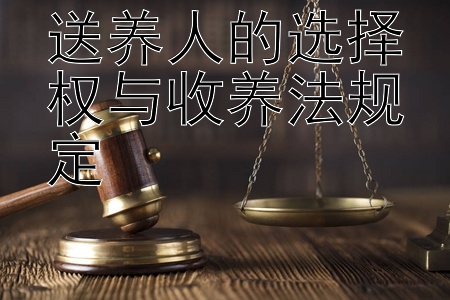 送养人的选择权与收养法规定
送养人的选择权与收养法规定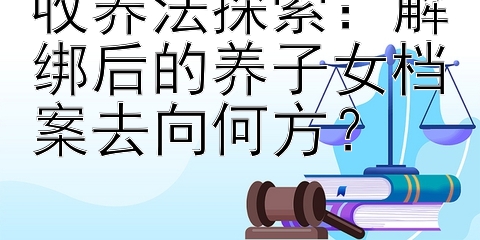 收养法探索:解绑后的养子女档案去向何方?
收养法探索:解绑后的养子女档案去向何方?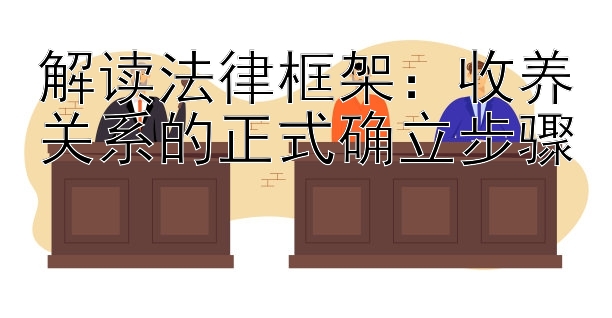 解读法律框架:收养关系的正式确立步骤
解读法律框架:收养关系的正式确立步骤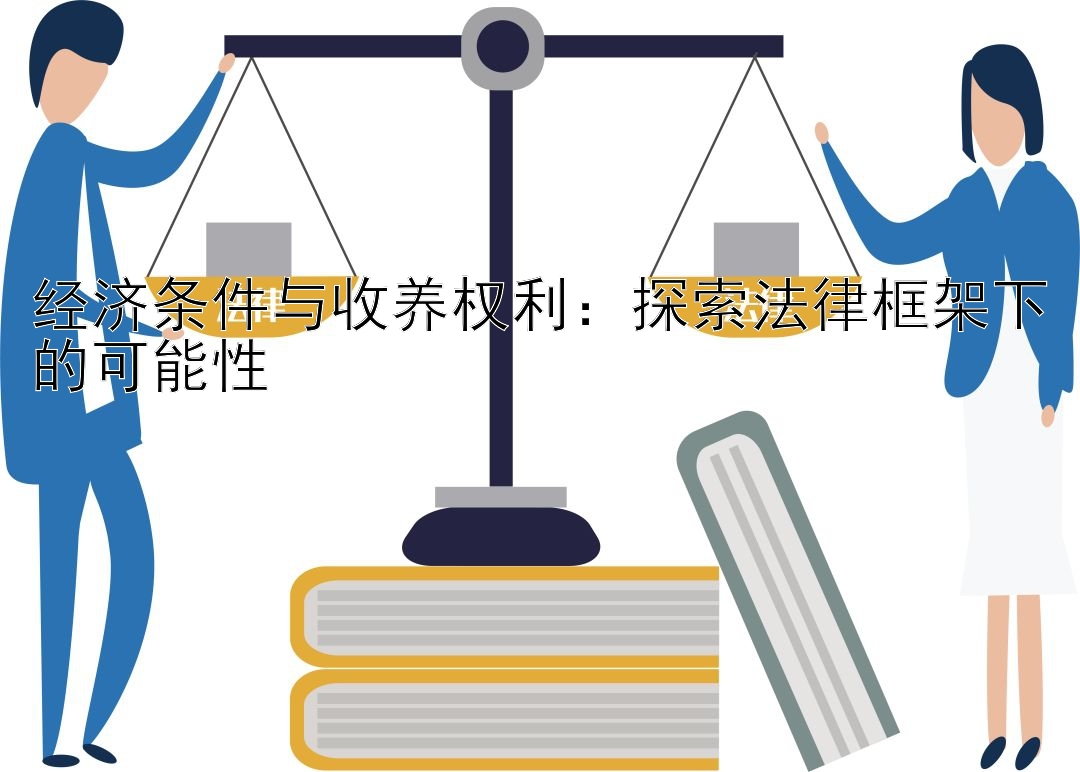 经济条件与收养权利:探索法律框架下的可能性
经济条件与收养权利:探索法律框架下的可能性